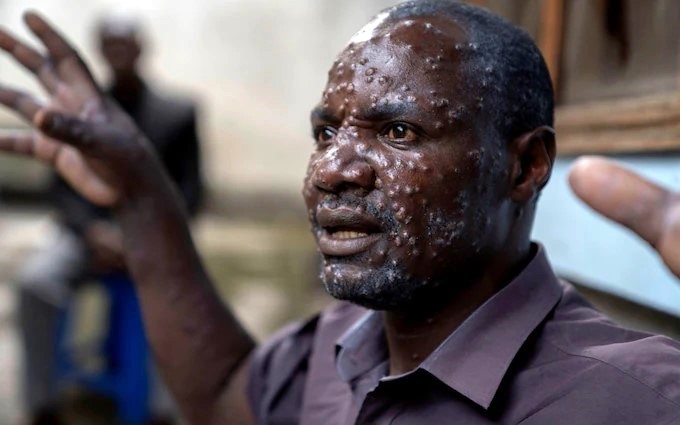The World Health Organization (WHO) has allocated $1 million from its Contingency Fund for Emergencies to bolster the Mpox response.
Mpox, previously called monkeypox, is a virus that causes fevers, headaches, muscle aches and painful boils on the skin. It’s spread from person to person through close, skin-to-skin contact.
Mpox is an infectious viral disease that can occur in humans and other animals. Symptoms include a rash that forms blisters and then crusts over, fever, and swollen lymph nodes. And, though the illness is usually mild and most of those infected will recover within a few weeks, sometimes it can be deadly.
WHO Director-General, Dr. Tedros Ghebreyesus, announced the funding during an online media briefing on Wednesday.
“We have a regional response plan requiring $15 million for surveillance, preparedness, and response activities,” Ghebreyesus said, noting that further funds are expected soon.
He added that two vaccines have been approved and recommended by WHO’s Strategic Advisory Group of Experts on Immunisation (SAGE).
“The Emergency Use Listing process for these vaccines has been triggered to expedite access, particularly in lower-income countries,” Ghebreyesus explained. This move will enable partners like Gavi and UNICEF to distribute the vaccines effectively.
Since early 2024, the Democratic Republic of the Congo (DRC) has reported over 14,000 Mpox cases and 511 deaths, with new outbreaks emerging in neighboring countries.
Ghebreyesus identified the outbreak strain as a new offshoot of clade 1, which has caused severe disease in affected regions.
“We are collaborating with affected countries, the Africa CDC, and other partners to address these outbreaks comprehensively,” Ghebreyesus added, emphasising that travel restrictions should not be imposed on affected areas.


